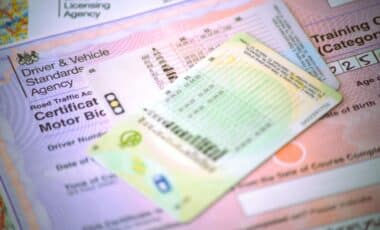Resident doctors in England are set to strike for five consecutive days from July 25 to July 30, in a growing dispute with the government over pay.
The announcement follows a breakdown in negotiations between the British Medical Association (BMA) and the Department of Health and Social Care, with the latter refusing to engage in discussions about pay restoration.
This industrial action represents a significant escalation in a long-standing conflict that has seen multiple rounds of disputes over compensation and working conditions for NHS staff. The BMA has warned that the strike will cause substantial disruption to NHS services, with thousands of operations and appointments set to be cancelled.
The strike announcement comes just days after Health Secretary Wes Streeting expressed his disappointment at the decision to proceed with strike action, warning that public support would dwindle further if industrial action continued.
The Pay Dispute
The core of the dispute lies in the demand for pay restoration, with resident doctors seeking a substantial increase to bring their salaries back to levels that account for inflation and the rising cost of living. According to the BMA, the government has refused to discuss pay restoration, instead focusing on non-pay-related issues.
Dr. Melissa Ryan and Dr. Ross Nieuwoudt, co-chairs of the BMA’s resident doctors committee, have emphasized that while no doctor wants to strike, the government’s stance leaves them with no choice but to escalate the dispute.
Resident doctors have been pushing for a 29% pay rise, arguing that their wages have failed to keep pace with inflation, which has significantly eroded their purchasing power in recent years.
The BMA’s official statement underscores that the government has shown little interest in finding a resolution to the pay issue, focusing instead on other aspects of the NHS crisis. This impasse has led to a widespread sense of frustration among healthcare professionals, many of whom are already overworked and underpaid.
Government Response and Public Impact
The government, led by Health Secretary Wes Streeting, has firmly rejected the demands for pay increases, stressing that the focus should remain on addressing the underlying issues within the healthcare system rather than pay restoration.
In a statement, Streeting remarked that further strike action would be “a disaster for their members and a disaster for patients,” highlighting the negative impact such disruptions would have on the NHS. Downing Street has also voiced its disappointment over the strike vote, calling it a setback for the government’s plan to reduce waiting times in the NHS.
The strike is expected to cause significant disruptions, with hospitals across England likely to cancel thousands of surgeries and appointments.









